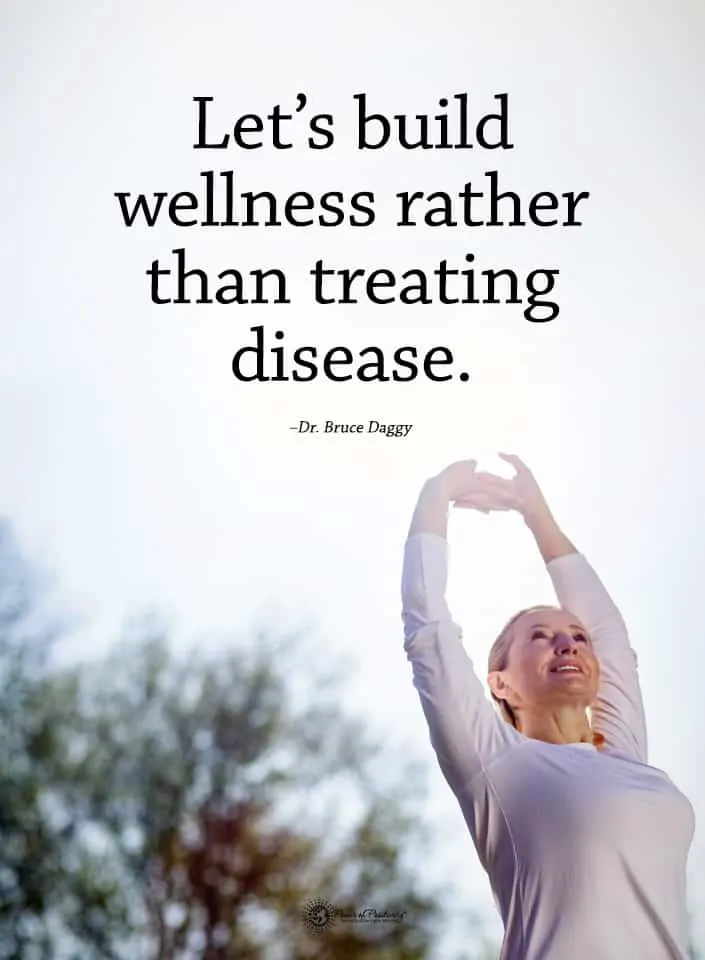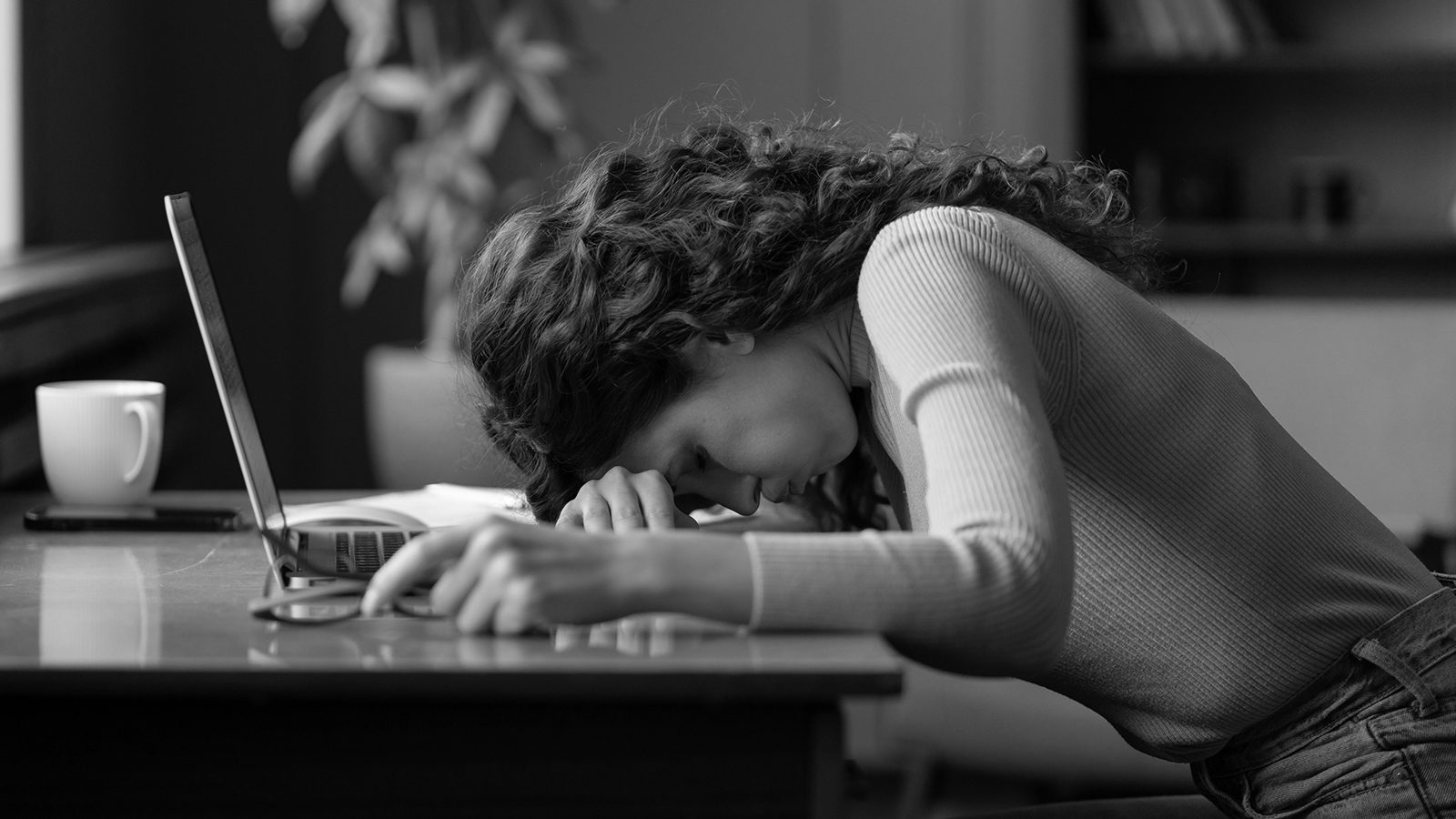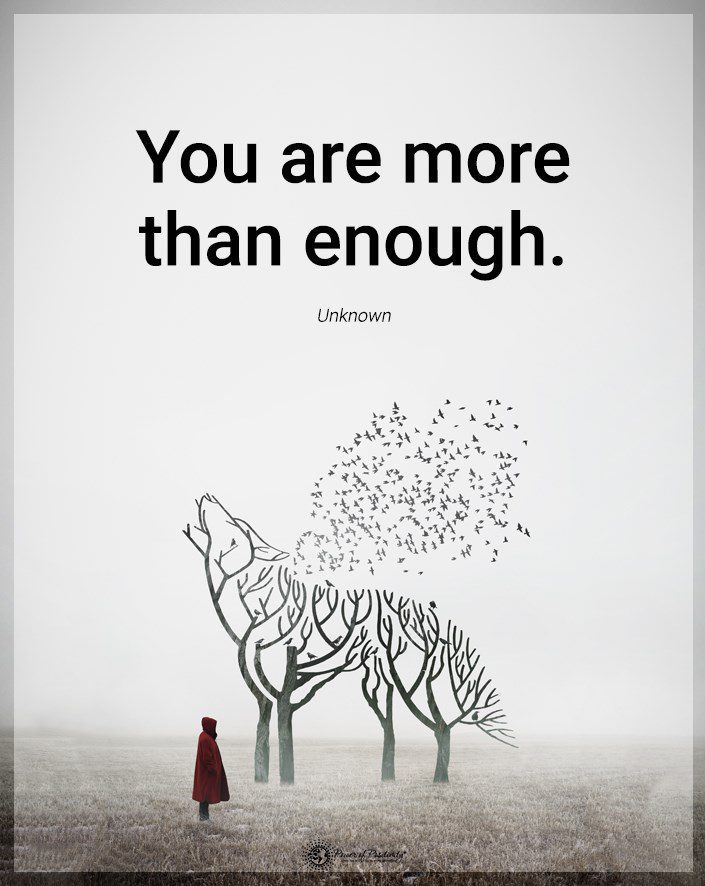When you visit a workplace mid-afternoon, you’re likely to see many employees in a state of sleepiness as they struggle to keep their eyes open. The infamous nosedive of energy usually strikes you right after lunch. The fatigue and lack of focus can be chronic throughout the week. In most workplaces, a nap is not a viable option.
Are you frustrated with how midday exhaustion affects your entire well-being? You can make some lifestyle changes to alleviate the daily tailspins of lethargy and have a more even energy level.
6 Habits Reboot Your Energy and Avoid the Late Day Slump
If you’re tired but cannot take a nap in the late afternoon, then it’s time to do something about it. Here are six helpful hints for keeping your energy at optimal levels all day long.

1. Eat Right to Avoid Afternoon Sleepiness
If you own a car, you’re probably particular about maintaining it. Your vehicle needs regularly scheduled oil changes and other preventative maintenance to keep it on the road. Plus, you ensure that it has quality gasoline for the motor to run.
You value your ride and realize that you will not have it for long if you don’t take care of it. Likewise, your body is a complex machine that requires proper fuel and maintenance for optimal performance. Personal neglect can lead to malnutrition and severe health issues.
Those irritating energy slumps you feel in the afternoon result from poor-quality food consumption. Your body needs a variety of whole foods for the vitamins and nutrients necessary for survival. It’s the fuel that maintains your living engine.
Consider this all-too-familiar scenario. It’s lunchtime, and you zip to the nearest fast-food drive-through for a hefty burger, greasy fries, and a giant soda. Or maybe you don’t have time, so you load up on stale snacks from the office vending machine.
By mid-afternoon, you’ve morphed into a sluggish zombie in one of those cheesy apocalypse movies. With all your strength, you drag yourself down the hallway in a deep brain fog. You refuel with some more vending machine snacks to hopefully gain enough energy to make it through your day.
It’s a defeating domino effect brought on by poor food choices. Instead of processed junk food loaded with sugar, salt, fat, and preservatives, you should choose healthy whole foods. Pack lunches that include lean proteins, whole grains, veggies, nutrition, and modest fat. If you must have fast food, try to make intelligent choices.
Simple carbs may give you energy, but you’ll need a nap about midafternoon. Try quick and easy lunches high in protein and heart-healthy fats to sustain your energy and blood sugar levels. Keep small portions of nutritious snacks, like nuts, veggie sticks, or some unbuttered popcorn.
2. Drink Plenty of Water to Avoid Afternoon Sleepiness
Your body needs freshwater to survive and thrive with nutritious eating habits. You get some hydration from water-based foods like fruit and vegetables. However, you still need to consume enough water to keep your body from dehydrating.
Did you know that you can be dehydrated and not even realize it? It can often manifest in those dreaded midday energy slumps. According to an article by the University of Connecticut, even mild dehydration can negatively affect your energy levels, moods, and concentration.
Do yourself a favor and fill a reusable water container at your desk. You can refill it as needed from the water cooler and take it with you if you travel. Aim to drink about six to eight glasses or more.
It’s a common temptation to guzzle coffee and other caffeinated drinks to evade energy slumps. While you’ll feel the hyper buzz at first, it will eventually wane, and you may feel worse. Also, excess caffeine can dehydrate your body, make you jittery, and keep you awake all night.
If your day must start with coffee, keep it at a minimum—the same with caffeinated sodas and energy drinks. If you can’t stand the taste of plain water, add some fresh lemon juice for a kick of flavor and Vitamin C.
3. Fight Sleepiness With Exercise
An article from the American Psychological Association notes that at least fifty million people in this country have sedentary jobs. What’s worse is that the same folks may have little or no physical activity at home.
Do you have a job that keeps you chairbound forty hours a week or more? Not only are you more likely to experience energy slumps in the afternoons, but you’re also more at risk for obesity and its associated health problems.
Break those after-lunch doldrums and get your body moving. If necessary, set a timer each hour to remind you to stand, stretch, and walk around the office for a few minutes. Take the stairs instead of the elevator, and park a little further away, so you will have to walk more to get to the office.

4. Spend Some Time in Nature
One of the reasons people may experience midday fatigue is simply boredom. Many daily tasks become mundane in the afternoon as the clock doesn’t seem to budge. Consider giving yourself a change of scenery each day to revitalize your mind and inspire you to think more creatively.
Resist the urge to stay at your desk during lunch and go outside instead. Even if you live and work in a bustling city, you can visit a nearby park or green area. Take a brisk walk and enjoy the beauty of the trees, plants, and tiny animals.
Nature is a powerful stimulant that can reinvigorate you physically, mentally, and spiritually. You may also use this time for mindful walking like a mobile meditation. Bring a touch of nature into your office with a couple of plants or a bouquet of fresh flowers.
5. Try a Power Nap to Beat Your Late Afternoon Sleepiness
Remember when you were in preschool, and the students took a brief afternoon nap? Not only did it recharge your young body, but it also gave the teachers a bit of respite to do other things. The good news is that the same principle can eradicate your afternoon slumps as an adult.
You can’t keep a cot, pillow, and blanket in your office for a daily siesta. However, you can lean back in your chair and take a 15-minute power nap on your break. Set a timer so you won’t oversleep or not sleep because you’re worried about it.
Napping can boost your energy, cognitive skills, and memory. Just a little snooze for about 15 minutes will do the trick. However, the article warns that too much napping during the day can mess with your sleep habits.
If you can’t sleep during the day, consider using this time to meditate in a quiet spot. Meditation can reduce stress, lower blood pressure, increase clarity, and invigorate your spirit. It’s also a superb way to cleanse your body of negativity and cultivate a more positive attitude.
6. Learn How to Use Your Circadian Rhythm
Humans have a highly evolved internal clock that prompts sleep and waking hours. This circadian rhythm developed a natural connection with daylight and darkness. Shift work, health issues, medication, and stress can interfere with your rhythm and cause sleep deprivation and midday slumps.
Have you ever noticed that you feel more energetic during different times of the day? A unique ultradian rhythm of high and low energy levels within your circadian rhythm. It’s not surprising that many people are at their lowest point mid-afternoon.
You can better understand your circadian and ultradian rhythms by keeping a journal. For a week, note when you go to bed and when you awaken. Also, record your peak energy hours and when they’re the lowest.
Use your journal as a general guideline for planning your day. Reserve your most energetic hours for brainstorming and complex tasks. You can work less stressful and low-key jobs during your slower hours.
Are you a night owl or an early bird chasing a worm? Your circadian personality can help you plan your work accordingly. Instead of fighting your energetic fluctuations, use them to your advantage.
The Issues with Self-Medicating Your Exhaustion
Caffeine is probably one of the most abused substances for energy-deprived people. According to an article published by Frontiers in Pharmacology, the nicotine in tobacco can decrease energy levels. Whether you smoke or chew, you’ll be bound to notice the lack of stamina during the day.
Alcohol is another contributing factor, especially in excess. An article published by Harvard Medical School states that alcohol’s sedative quality can deprive you of sleep and make you tired the next day. While some abused prescription drugs may give you manic energy, a debilitating crash is inevitable.
Final Thoughts on Avoiding Afternoon Sleepiness
Does waning energy affect your moods and work performance? While your sleep habits can play a significant role in these energy crashes, make other lifestyle choices. Try these and additional helpful hints to keep you happy, revitalize the entire day, and resolve your exhaustion—lack of focus.





















